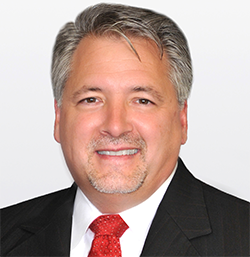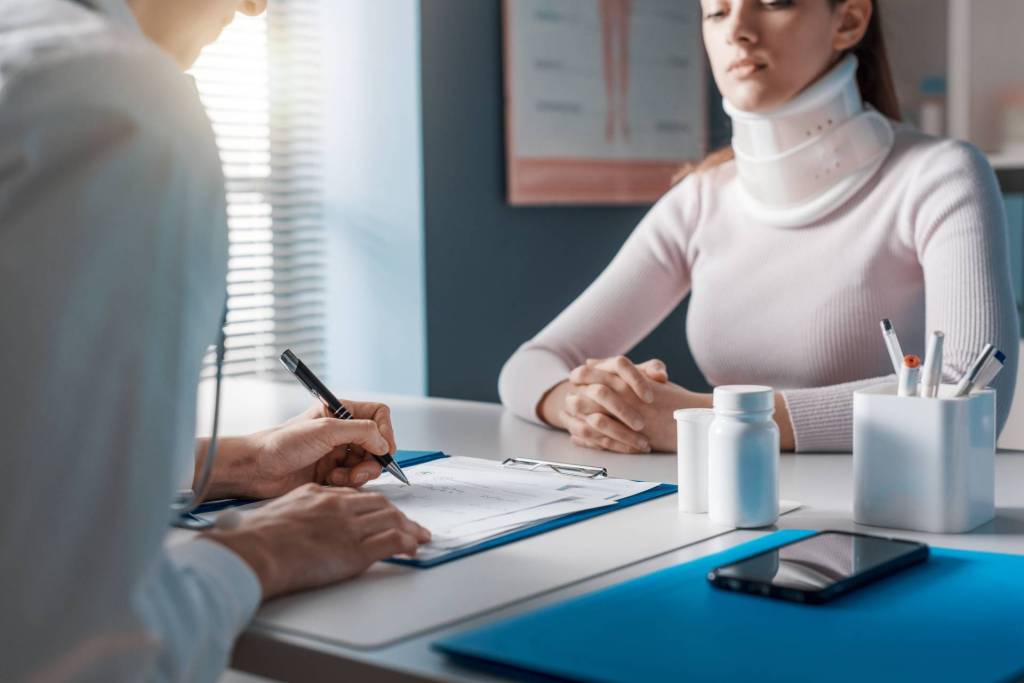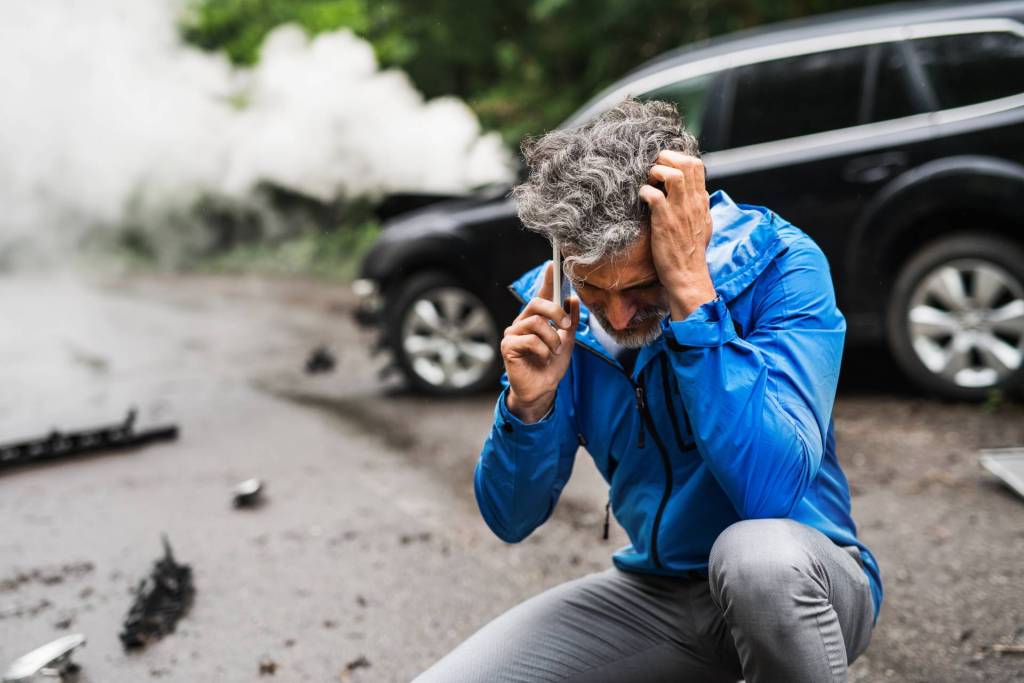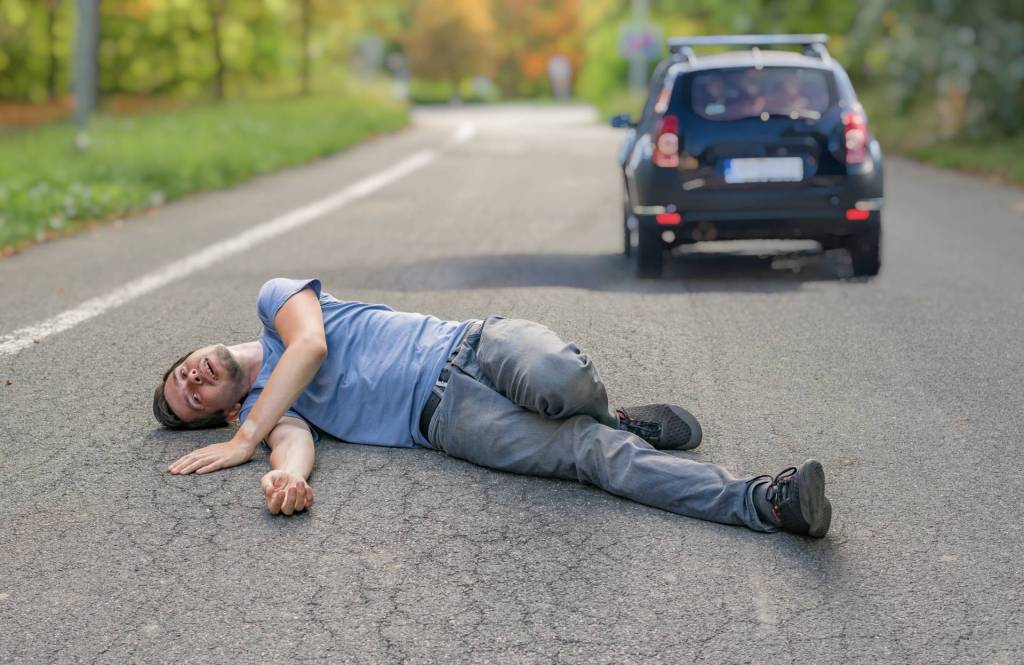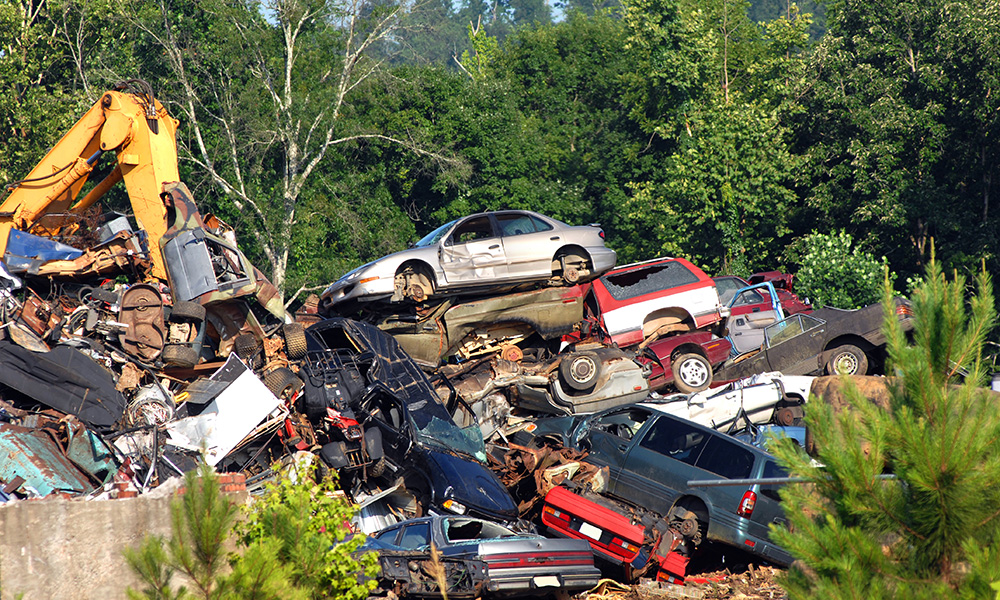There’s not a simple answer to that question because there are many variables that affect the outcome of such a situation. Generally, the driver who causes the accident is liable. If your friend were not at fault, neither they nor you would be liable. However, there are some exceptions depending on your car insurance type. It’s also different if your car was stolen rather than willingly loaned to someone. Read on for what you need to know, and give our Fresno car accident attorneys a call to set up a consultation on how we can help you with your specific situation.
What Happens if the Other Driver Was at Fault?
They are likely going to be held liable and be responsible for the property damages to your car and any legal damages to the person who was driving your vehicle. That does not mean that you won’t feel any effects; your car insurance company could raise your rates, claiming you’re more of a risk because of your willingness to let someone else borrow your car.
What Happens if My Friend Is at Fault for an Accident While Driving My Car?
What type of car insurance you have and how the policy is written has some determining power over your friend being at fault. Usually, a car insurance policy covers the vehicle itself, not the person driving it, and that means the liability coverage (which is required by California law) should cover the friend. California is an at-fault state, which means the driver responsible for an accident is the one whose insurance will be the primary source of damages paid.
But some policies reduce liability coverage if someone else was driving your car, depending on whether or not they had your permission. If you did give consent, the liability insurance would often cover injuries to the other party up to the full extent of your liability coverage. In California, vehicle owners are required to carry a minimum of $15,000 coverage for injury or death to one person; $30,000 for injury or death to more than one person; and $5,000 for property damage. You can obtain higher coverage for increased prices.
If your liability coverage is used up, but there are still damages to pay, the actual driver’s insurance will need to step in and pay the difference. For example, if your friend caused $20,000 in medical bills to another driver, your insurance (if carrying only the minimum) would pay up to $15,000, then the friend’s insurance would need to cover the remaining $5,000.
What if My Friend Was Driving Under the Influence (DUI)?
If your friend drove your car while under the influence and caused an accident, the potential for you to be held liable increases. That’s because you could be considered negligent in loaning your car to someone who shouldn’t have been driving.

There are several instances defined as negligent when someone else drives your car:
- Letting an intoxicated or under the influence of drugs drive
- Letting an elderly person with dementia drive
- Letting someone who lost their driver’s license because of unsafe driving drive
- Letting a child drive
In any of these circumstances, it’s likely that your car insurance company would not provide coverage they’d normally provide when you give someone permission to drive your car. In addition, victims of the accident can hold you liable as well.
There’s an additional clause related to letting minors drive. You could be found guilty of a misdemeanor if you allow a minor to drive your vehicle when you know the minor is under the influence or has been convicted of one or more of several motor vehicle violations in the past.
How Can I Reduce My Liability if My Friend Was Driving and Had an Accident?
If your friend was not at fault, you likely won’t face any liability, or at most, you’ll see your insurance rates go up.
Regardless of who was at fault, make sure anyone driving your car knows what you expect them to do if they’re in an accident:
If there are no life-threatening injuries, make sure they exchange contact and insurance info with anyone else involved in the accident (motorist, bicyclist, or pedestrian). If the accident was one-sided, such as backing into an empty car in a parking lot, they should leave a note with their contact info on the windshield. Remind them that security cameras are everywhere today, making it a lot easier to identify a driver who damaged a car and left without taking responsibility for it. Having it on video could make the outcomes worse if they haven’t owned up to it.
If someone was injured or killed because of the accident, a report needs to be filed with the California State Patrol within 24 hours of the accident. In any event, the driver should pull off the road as soon as the accident happens and call police to file a police report, even if there are no injuries or deaths. This helps the claims process.
How Can I Learn More?
Give us a call at 559-277-7300 to set up a consultation to go through your specific situation, your car insurance, and the scenarios around who was at fault for the accident. This is a complicated situation and involves laws and paperwork that unfortunately can be difficult for the layperson to understand. We’re here to help protect you and your interests, and we have the knowledge and background to handle these cases.


